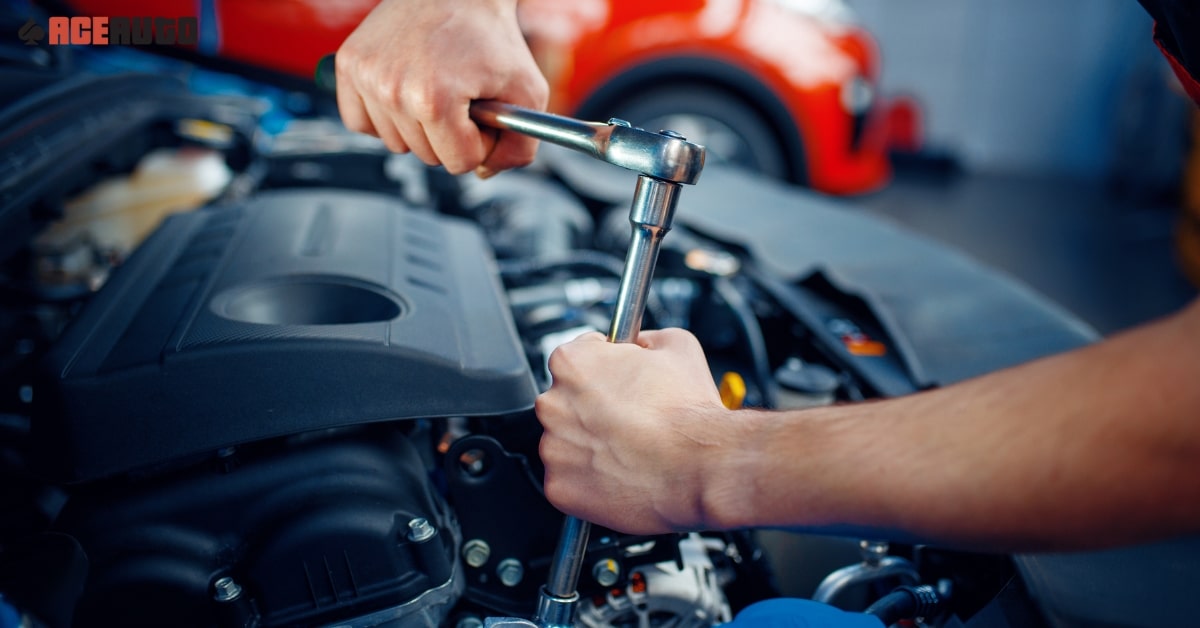Featured

Understanding the elements that affect the price of these repair services is crucial for lorry proprietors who desire to be prepared for the unexpected. From the kind of repair service required to the make of your cars and truck, numerous key components can determine how much you'll pay for repair services.
- Kind of Repair. The nature of the repair service plays an essential function in the expense. Straightforward fixings, such as replacing an ignition system or brake pads, are generally more economical because they call for fewer components and less labor. On the various other hand, repair services that entail complex systems like the transmission, engine, or electric systems have a tendency to be a lot more pricey. These fixings frequently require more specific components and proficiency, resulting in higher labor costs. Additionally, if the fixing includes dismantling multiple parts, the labor costs can increase substantially.
- Make and Version of Your Lorry. High-end and international lorries, such as BMWs, Audis, and Mercedes-Benz, often come with greater repair service expenses due to their specialized components and the experience needed to function on them. In contrast, even more typical cars like Ford or Toyota normally have much less costly parts and are much easier for mechanics to work on, which lowers repair costs.
- Parts Availability and High Quality. The cost of the components needed for the repair is one more significant aspect. If you need original devices supplier (OEM) parts, you can expect to pay even more, as these are made especially for your lorry. While OEM parts offer a higher level of high quality and integrity, they include a costs price tag. Conversely, aftermarket components-- those made by third-party manufacturers-- are often less costly, yet may not always match the quality or resilience of OEM components. The rarity of components, specifically for older or specialty vehicles, can likewise drive up the price, as discovering suitable substitutes can require time and initiative.
- Labor Expenses. These prices differ by area and repair service store, with urban locations normally billing greater rates due to overhanging prices. The complexity of the fixing also plays a role; repair work that require more time or specialized knowledge, such as working on an engine or electrical system, will certainly result in higher labor costs.
- Extent of the Damages. The severity of the damages to your automobile is one more essential factor in establishing repair work costs. The fixing might be reasonably low-cost if the issue is limited and small to one component of the car. If the damage is substantial and requires multiple components to be changed or fixed, the expense will certainly climb. As an example, a damaged timing belt may require replacing other engine elements that were harmed at the same time, making the repair service extra expensive and complicated. When major systems like the transmission or engine are impacted, the repair work expense can intensify swiftly due to the variety of components and the labor involved.
- Automobile Age and Condition. Older vehicles have a tendency to need more frequent fixings, and as parts wear out over time, the cost of those fixings can raise. In addition, parts for older models might be more challenging to discover, which can increase both the price and time required for repairs.
- Location of the Fixing Shop. The place of the service center can likewise affect the price of automobile fixings. Labor prices in cities are normally more than in rural or much less largely booming regions. Furthermore, dealerships frequently charge a lot more for fixings contrasted to independent repair work stores, although dealerships might make use of OEM parts and supply specialized solution for your make and version. It's always a great idea to search and obtain multiple quotes to locate the very best rate for the repairs you need.
- Insurance and Warranty Insurance Coverage. If your cars and truck is still under warranty, several major repair services might be covered by the supplier, which can conserve you a considerable amount of money. Sometimes, extended guarantees or solution plans can assist cover repair work for certain components of the vehicle. Furthermore, if the repair work is an outcome of a mishap, your automobile insurance coverage may cover the price. Be certain to check the regards to your insurance or warranty plan to understand what repairs are covered and what you might need to pay for out-of-pocket.

Conclusion. Several aspects affect the expense of significant auto repair work, consisting of the type of repair service, the make and design of your automobile, the quality of the parts used, and labor fees. Understanding these aspects can aid you much better plan for repair service costs and make even more educated choices when it's time for a major fix. Routine upkeep, including timely oil adjustments, brake assessments, and tire rotations, can aid minimize the demand for pricey fixings down the line. If you face an expensive repair work, it's constantly a great concept to get several quotes and evaluate the advantages of using OEM versus aftermarket components to make one of the most cost-efficient choice.
Latest Posts
Host Your Perfect Event: Place Rental Options for each Celebration
Published en
1 min read
The Boogaloo Sports Bar & Grill at FunCity Resort Hotel: Where Fun Meets Taste
Published en
2 min read
What Elements Influence the Cost of Significant Automobile Repair Work
Published en
0 min read
More
Latest Posts
Host Your Perfect Event: Place Rental Options for each Celebration
Published Mar 25, 25
1 min read
The Boogaloo Sports Bar & Grill at FunCity Resort Hotel: Where Fun Meets Taste
Published Feb 03, 25
2 min read
What Elements Influence the Cost of Significant Automobile Repair Work
Published Jan 15, 25
0 min read